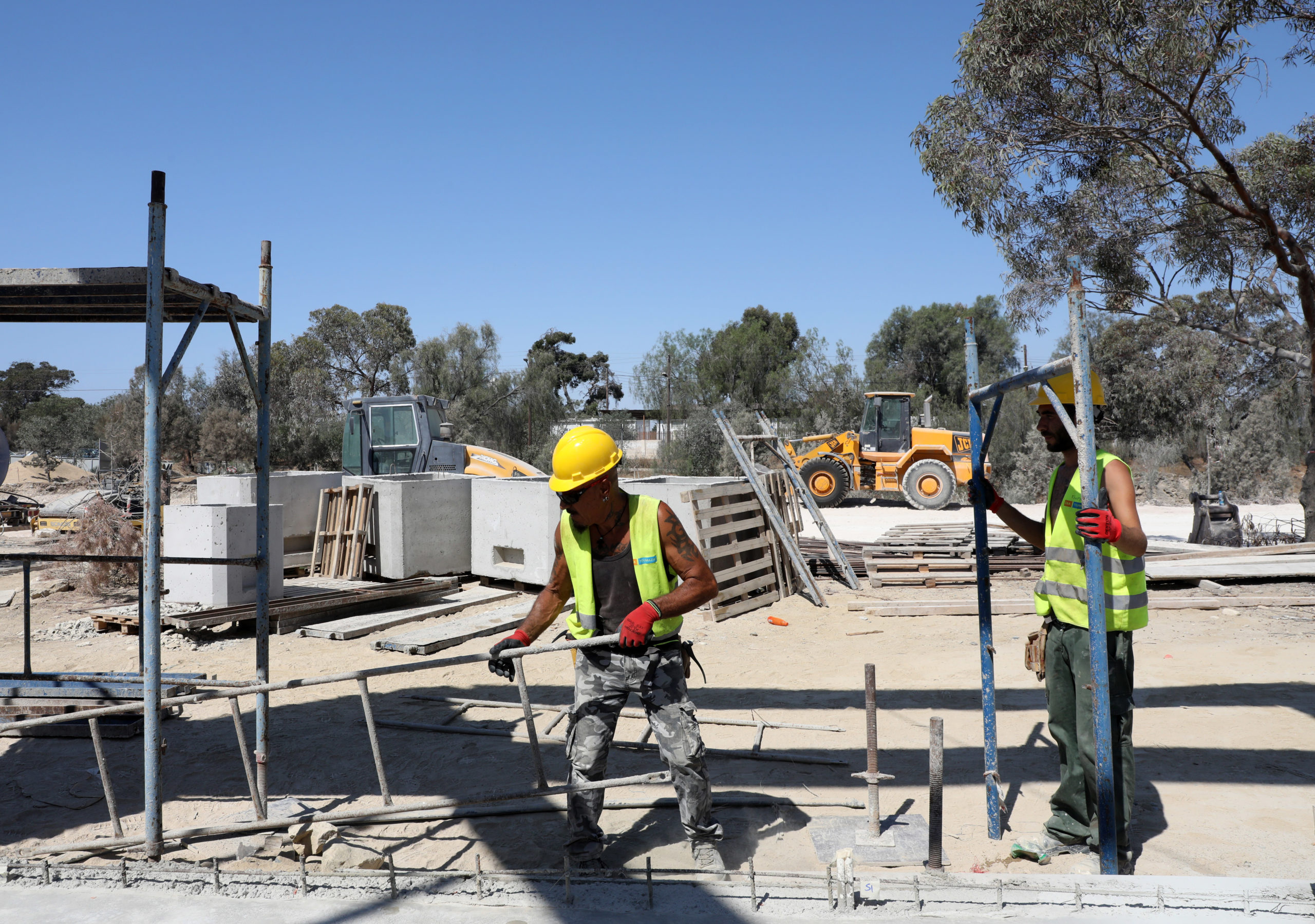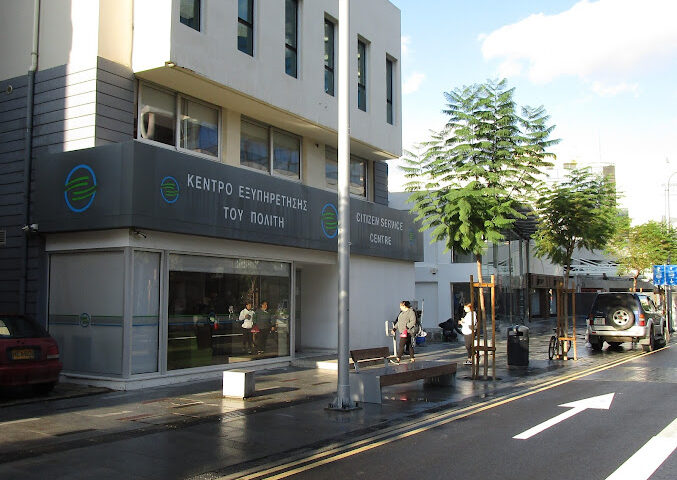The introduction of the European building system to adopt craftsmanship certificates for the various construction trades should be considered urgent.
At present, whatever a “craftsman” declares they are, this is accepted assuming that they know what they are doing and do it well.
As the situation is now, we have poor quality buildings, especially at the finishing stages.
Everything is covered by three coats of plaster in the current building process, independently of the brick walls having broken bricks or are badly placed.
Regardless of how they are placed, they do not use the specified materials on many occasions. E.g., copper, or plastic pipes, galvanised or not, etc., which result in leaking pipes (difficult to find the leaking spots), and architects with their once-a-week inspection cannot follow through.
The only craftspeople who require a certificate of craft are the electricians.
Then again, whereas the electrical contractor requires such a certificate, this is not required of his workers, with the end results being the same (the workers of the electrical installations have little knowledge).
If required craft certificates are required (bricklayers, stonemasons, plasterers, etc.), the first who will benefit is the labour force, who have acquired such certificate may demand (and quite rightly) a higher price, reducing the main building contractors’ problems, who in turn will require less supervision.
Still, more importantly, the result is higher building quality.
Design is an issue that also requires care.
Although required, the recent introduction of the pipe-in-pipe system, accessible services, and the provision of plans as-built (so one can detect the problems) are rarely provided by the contractors and even more rarely demanded by the supervising architects.
The key to the situation is the site foreman, who is supposed to be there 100% during execution.
But then, quality supervisors are a rarity, and they cost more than a qualified civil engineer.
So, building contractors split their time for various jobs ending with little effective supervision.
If such supervisors exist, they will contribute to reducing building problems and claims in addition to the increased quality.
In a recent experience, a client had damp issues and had dug the screed; he found out that the pipes were not copper but galvanised, the damp proof was not properly placed, and so on.
Good or qualified craftspeople should be able to comment on the owner’s decisions and the architect and main contractor.
The quality difference between Cyprus and other countries is more evident when examining such matters by comparison to Greece, the U.K. and Germany.
These countries have imported technicians from other countries (Albanians in Greece, Poles in the U.K., etc.). A good craftsperson is worth their pay, even at a higher cost.
On one occasion, a German shipping management company asked us to provide our project management services for a fee worth more than the four different jobs that we had at the time.
Having studied the requirements, we turned the job down since we found that based on the existing quality of our builders and the clients’ strict requirements, we could not perform such a job satisfactorily.
As a result, the company brought in a German engineer and qualified foreign staff to finish the job.
Poor quality
We receive complaints about poor building quality, but this reflects the quality of our workers in the market.
However, projects of better quality employ tradespeople from abroad.
See the example of Eleftheria Square and Ayia Napa marina, where the promoter employed foreign architects and craftspeople from abroad.
Eleftheria Square paid an extra €10 mln in building repairs after the execution.
Another but similar matter is the lack of suitable building materials.
The client asked for the tile replacement for the damage of four ceramic tiles (1 square meter) in a kitchen (12 sq.m.).
There was no chance to find such a small quantity, so he tried to order tiles of the same colour and quality from abroad, no matter the cost. No response.
A local tiler removed the tiles at the rear of the refrigerator and relocated them on the damaged floor tiles.
As supervising engineers on behalf of a financing bank for Alpha Mega Supermarket at Engomi, during our regular visits, we noted a group of foreign craftspeople with their belts of equipment, etc.
We came to know some of the group, and we thought it appropriate to invite them later for a drink.
They duly refused, saying, “we are here for the job, and we do not need a distraction to finish the job on time.”
This sort of professional reaction we do not have in Cyprus, regrettably.
Five years ago, there was a proposal to classify the craftspeople by trade, but nothing came out of it; neglecting buildings quality is a loss for everyone.
These sorts of requirements should have been promoted by the Contractors Association, the Technical Chamber (ETEK), the architects and engineers and, of course, the trade unions (always demanding more money).
But as we say in Greek, “they all keep silent like fish” (liberal translation).
Antonis Loizou, Real Estate Valuer, Estate Agent & Property Consultant










